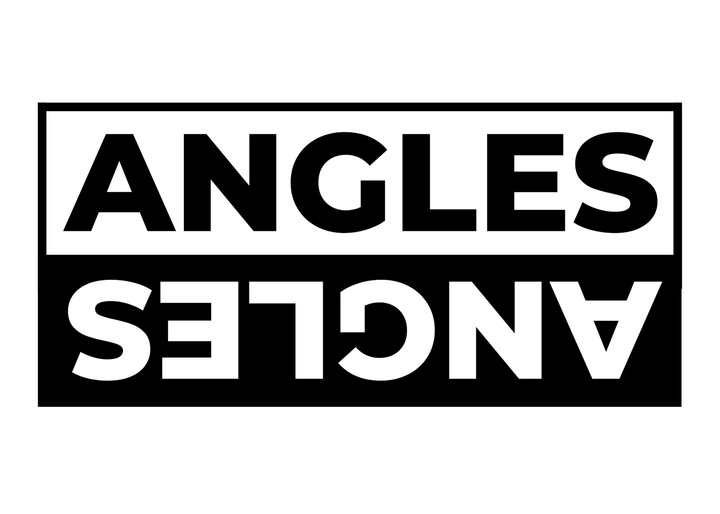Orwell’s warnings are not only about your enemies

The ideas of George Orwell have thoroughly saturated modern political discourse. His novels such as “1984” and “Animal Farm” have given us numerous devices to describe state hypocrisy and overreach, including “Big Brother” and “doublethink.”
There is no doubt that Orwell wanted to warn us about what happens when power falls into the wrong people’s hands. That leaves us with just one problem, however: Which people are the wrong ones? Should we be worried about the rising populist dictator, Trump? What about the left-wing media mob? Fascists? Capitalists? Communists? The Illuminati?
Which side should Orwell’s nightmarish visions have us worried about? The answer is quite simple: yours.
Not being a mind reader, I do not have the authority to say what Orwell was certainly thinking when he wrote “1984,” and not being a literary scholar, I do not have the authority to say what he was probably thinking, either.
Nevertheless, the interpretation of his material which seems to me both the truest and the most beneficial is one which I often see neglected, and this is what I intend to shed light on. I encourage you to do your own reading and form your own opinions.
To appreciate the nuance of Orwell’s social criticism, you must understand one thing about him: He was a socialist through and through. Whether this makes you like him more or less is besides the point. This is important because it highlights the apparent irony of his fierce criticism of leftist movements and ideologies in some of his most famous works.
In “1984,” Orwell depicts a world ruled by three totalitarian superstates, nigh-indistinguishable in ideology and societal structure but perpetually at war with each other.
The book focuses on Oceania, one of the three states, whose political philosophy pays lip service to socialism but is really intended to maintain inequality of wealth and power.
Oceania continually rewrites history, requiring its citizens to hold contradictory thoughts in a process called “doublethink.” It directs all of their admiration to an imaginary leader called “Big Brother” and all of their hatred toward a supposed rebel named Goldstein during a daily ritual called the “Two Minutes Hate.”
The people of Oceania live in a state of righteous hysteria, both aware and unaware that the fruit of their own labor is used to keep them enslaved. By using socialism as the vessel for this hellish world, Orwell shows that any movement can be corrupted and that tyranny can rise out of good intentions.
A common response to Orwell’s work is to project it onto one’s opponents. While it is worthwhile to recognize which “Orwellian” aspects of powers you are opposed to, the less popular but far more valuable application of ideas such as “doublethink” and “Two Minutes Hate” is in self-reflection.
Be critical of those you agree with and of yourself. Is a part of your day devoted to reveling in anger at the actions and ideas of people you disagree with? Do you dislike the members of the opposing group so much that putting one of them in their place seems more appealing than reaching a mutual understanding?
Has the threat of the other side being in power eclipsed in your mind the threat that power itself can present?
I believe that Orwell turns in his grave every time someone throws the terms he coined at someone else without looking inwards. George Orwell gives us the tools to scrutinize the champions of all beliefs, including our own. That is how he would want his work to be used today.



